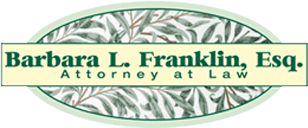Submitted by Barbara Franklin on
Who Is Given Control of the Business Operations of a Farm/Fisher Reorganization Under Bankruptcy Protection?
When a family farm or commercial fishing operation is facing bankruptcy and the debtor deals with it in a timely fashion by filing for Chapter 12 bankruptcy, part of the Chapter 12 process is the automatic appointment of a trustee to oversee the debtor’s compliance with the law and rules and assure creditors that the debt management plan is followed. Although the Chapter 12 debtor has the overall controlling authority to operate the day-to-day management of the farm or fishing business, Chapter 12 still requires that a trustee be appointed. The trustee receives a small percentage of the plan payment. While the farmer remains in control of the operations and property, the trustee retains a number of important functions. Under Chapter 12 bankruptcy, the trustee will:
- Be accountable for property and payments turned over by the debtor;
- Disallow improper claims;
- Make recommendations regarding the debtor’s discharge;
- Investigate the cause behind the financial affairs of the debtor;
- Investigate the farm operation and determine the feasibility of future viability;
- Be present and involved in valuation and confirmation hearings; and
- Make certain that the debtor makes timely payments under the confirmed plan.
If it is shown that the debtor commits fraud or gross mismanagement, a creditor or the trustee may have the trustee placed in control of the business operations. In order to avoid this happening, proper plan payments, and the clear assistance of an experienced debt relief attorney, are necessary parts of the process of getting your family business back on track.

